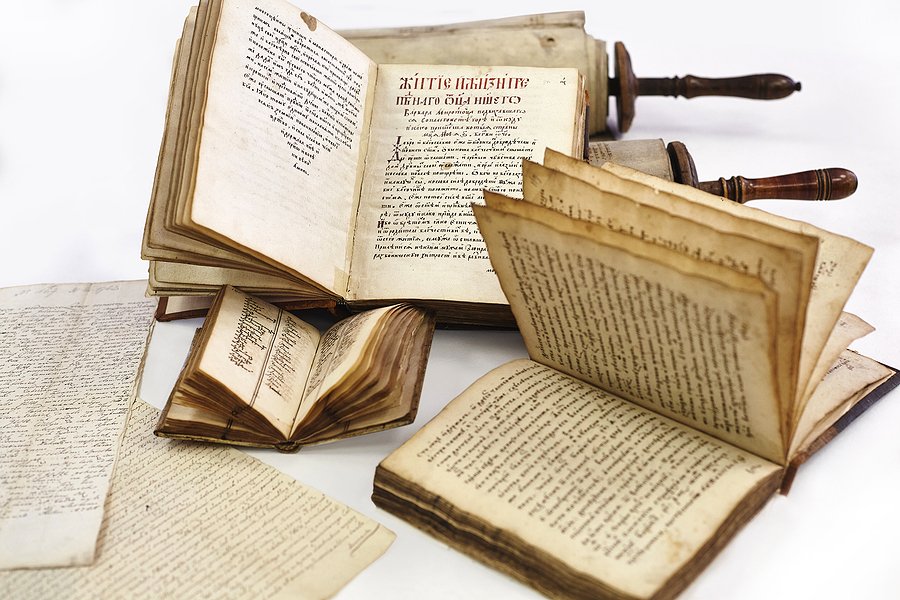BigStockPhoto.com
The question came as we were wrapping up the discussion about my novel, Oil and Marble: "How do you find and choose specific details in your writing?"
Allow me to praise the woman who asked this question. KNOWING that you must use specific details in your writing is essential. If you don't know it's important, you'll never do it, and you MUST choose specific details to write well. Usually, I spend time in my writing classes trying to convince writers WHY they must use specific details...
But HOW?
The question stumped me. I've never really thought about HOW... I just DO IT.
But now that I've had a chance to ponder the question, I've come up with a step-by-step guide to help you choose specific details in your writing. Hope this helps!
1: Write the Story and Characters First
Don't worry about specific details on the first draft or third draft or even the twentieth. Get the STORY and the CHARACTERS down first. Then and only then can you choose details that will SERVE your story and characters (if you do it the other way around, you'll try to force the story and characters to serve the details -- or they won't be connected at all! -- and that makes for ineffective writing).
My writing desk
2: Identify where and WHY a specific detail is needed
The questioner at the book club kept referring to a specific detail in my novel: Michelangelo rubbing marble dust in his pocket when he was anxious. Effective writing doesn't TELL the audience, "My character is nervous," it SHOWS them. I needed a detail -- an ACTION in this case -- to SHOW the reader when Michelangelo was nervous. You may need a detail to show something about story, a character, an emotion, tone, foreshadowing... Stop and identify where and WHY you need a detail.
3: Skip over the cliched or generic
Everyone falls into the trap. In my writing, plenty of characters have sweaty brows or shaky hands, but we all must TRY to skip the cliches. In your draft, feel free to use a cliche or generic detail -- he gasped! Write down every generic version if you want -- but as you edit, push yourself to replace that cliche with an action, smell, feeling or visual detail specific to your story and characters...
BigStockPhoto.com
"Okay," I can hear the woman in that book club ask. "But WHERE do I find such specific details?"
4: Look to Your Research
You're a historical writer for a reason. You do a LOT of research. And most of that research won't make it into your book (If it does, you're doing something wrong and your book will be a VERY slow read. You must only choose the research that supports your story and characters). But that big, beautiful research is a wealth of possibility for details: smells, sounds, tastes of your time period. This is the place to get them in!
BigStockPhoto.com
5: Look to Your Characters
Your character will tell you where to go and what to do. Quiet yourself, close your eyes, and spend some time with your characters. Look carefully: what do they wear, how does their hair look, what DO they have in those pockets?? Listen to their accents, their dialect, even their sighs. How do they sound, smell, even taste? Bring those details to the front.
6: Look Later in the Story
This is arguably the most effective place to find a good detail -- but it only works in specific cases. Look through the events later in your story; find something that needs to be set up and then use THAT as a specific detail. For example, that marble dust in Michelangelo's pocket comes in very handy at the end of the story when Piero Soderini asks him to change David's nose... THAT story point was in my novel BEFORE I added the detail of rubbing marble dust in his pocket. The detail was already in the story.
7: Make a list of options
Don't just come up with one detail and stop. You might come up with 3, 5 or 15 different specific details that fit the moment. Write them all down. If you don't use them in this spot, you might come back to them later! (Plus, it's impossible to know your story or character TOO well).
8: Cut out all but one detail
In real life, people -- including Michelangelo -- do LOTS of different things when they're nervous (or feeling anything). But in fiction, choose ONE detail. A lot of writers throw in lot of details, as if more details will be more powerful. That's not true. The fewer details you include, the more your reader will remember them. Pick THE SINGLE BEST detail. It might illuminate character or serve tone or move the story forward or foreshadow a later event... Find a detail that does more than one thing at the same time, and you know you've found a great detail.
BigStockPhoto.com
9: Repeat this process for every detail you need
In a typical novel, you'll repeat this process thousands of times. Hey, no one said writing a novel was fast or easy, but when it all comes together and someone asks you about one of your details over a glass of wine where a book club has gathered to discuss YOUR novel, it will all be worth it.





